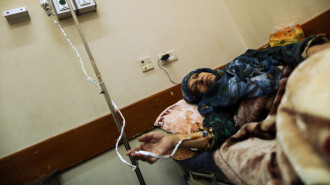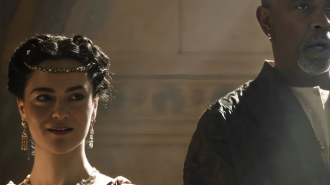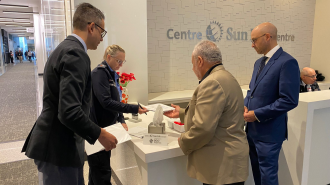
'This is for Palestine': The summer that saw Londoners resist Israel's war on Gaza through dabke

Summers in Clapham Common are notorious when temperatures start veering into the 20Cs. Shorts-clad bodies can be seen strewn across the 85 acres of green in southwest London, and a regular stream of old-school R&B blasts out of the cafe by the Bandstand.
This summer, however, the park’s central platform has an additional vibrancy in the form of dabke, though born out of the chaos occurring across the world.
Palestinians and those in solidarity with Palestinians have joined a so-far weekly gathering to learn and dance the dabke as a way of building resilience as calls to end the genocide in Gaza continue.
No sign-ups or previous experience are necessary; London-based Palestinian Imad Alqassim then leads attendees into a relaxed “Al Shemaliyahh” while teaching newcomers the footwork rooted in Levantine folklore.
According to the art and culture site Bayt Al Fann, the dance originated in the region because the roofs of homes in the Levant were made with branches and mud, which would crack with the changing weather.
Family and community members would help patch these up in line formation, joining hands and stomping the mud back into shape.
to learn and dance the dabke
Dabke is the story of that work passed through the generations via dance and the six-count line dance is now popular at most celebrations but it has also served Palestinians in times of struggle, signifying unity against the oppressor.
“I think this brings a lot of people that wouldn’t necessarily go to a demonstration,” said Zeina Ramadan, a Palestinian based in southwest London. “And also, being open in the park may have given us some exposure.”
Zeina, her husband Imad and their friend Sara Al Sheekh organised the gatherings as an organic community space about Palestine, which could be a different form of demonstration and action.
“Imad is a great Dabke dancer. I love Dabke, even though I’m Egyptian,” says Sara, noting it was a way to involve the kids and have them around Palestinian culture.
“Zeina always has amazing stories about the folklore where the roots of the songs come from.”
'Stick with the rhythm and drop the last step'
The group started a few months after Israel’s latest incursion into the Gaza Strip. The three, who are also part of the Parents for Palestine group, saw people doing dabke at the demonstrations in London and were encouraged by the energy and resilience it provided.
The gathering has attracted Palestinians doing dabke for the first time, people who are just learning about Palestine and long-term activists.
Zeina recalled two young mums who drove to the gathering from outside London.
“It felt important for them,” she says. “People join because they want to be part of the community or a community that you can point your finger at and say, ‘This is for Palestine.’ And there’s this enjoyment.
“I think what we’re lacking is that we’re not allowing ourselves to rest. And I think this is one of the problems; you can rest and … also talk about Palestine.”
At the end of the dancing, the dabke gatherers share snacks, picnic together and talk but not before Imad puts them through their paces.
The session usually starts with the notable Palestinian folk tune Ya Zareef Al Tool, a song encouraging against leaving the homeland.
يا زريف الطول وقّف تاقلك ... رايح عالغربة و بلادك أحسنلك
خايف يا زريف تروح و تتملك .. و تعاشر الغير و تنساني أنا
O, elegant and tall one stop so I can tell you
You are going abroad and your country is better for you
I am afraid you will get established there
And find someone else and forget me
“The song has a nice rhythm for people to walk slowly to and you can sing with it,” says Imad, who has been doing dabke since 1994.
Al Keffiyeh is the second song, whose lyrics translate to, “Raise your Keffiyeh Raise it, Sing the Ataba and Mijana and enjoy it.”
Then 47 Cocktail is a fast-paced track by Palestinian Jordanian electronic music group 47 Soul, where the moves get a little dicier with some energetic footwork.
Imad’s advice when things get crazy: “Stick with the rhythm and drop the last step.”
'There is space for how people are feeling'
Each choreographed session is punctuated with laughter, cardio and connection.
Eve, a bodyworker and massage therapist living in London, came to the space with artist Katherine after experiencing dabke at a protest.
“With all of the heaviness and grief of the genocide and what’s happening all over the world, it’s just really nice to root into something that is about building community through being in our bodies and being playful together and learning something new.”
“There is space for how people are feeling, to have breaks and to go back to connect in quite a gentle way,” said Katherine, who has previously brought performance-based, embodied practices to the Parents for Palestine march spaces.
Dabke hasn’t been the only form of cultural resistance seen amid Israel's ongoing genocide. Workshops teaching Tatreez – traditional Palestinian embroidery – have popped up.
Symbolic forms of expression such as wearing the Keffiyeh have remained steadfast as freedom of speech falters for Palestinian solidarity.
The Parents for Palestine group also regularly arranges cultural and learning events, including a football match to honour Hanan Wael Al-Hawajri, a young football player who played for the Ahli Nuseirat girls’ team and was killed during the Nuseirat refugee camp massacre.
Maybe more than anything, however, being present and seen in this part of London can invite conversations.
Some of these aren’t positive but mostly people are interested and with the level of dehumanisation of Palestinian bodies, it is a way to be seen as human.
Sophia Akram is a researcher and communications professional with a special interest in human rights, particularly across the Middle East
Follow her on Twitter: @mssophiaakram
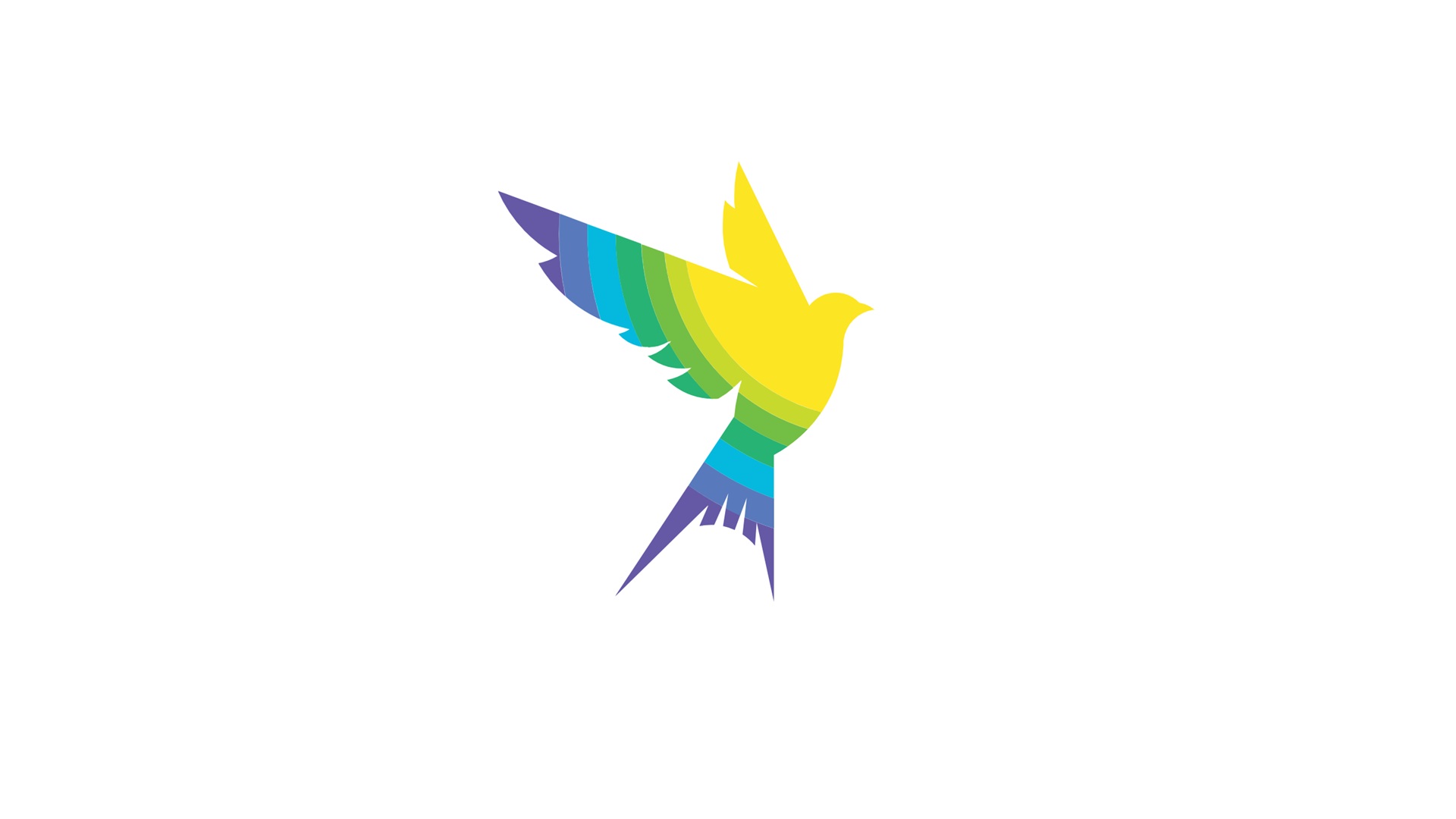

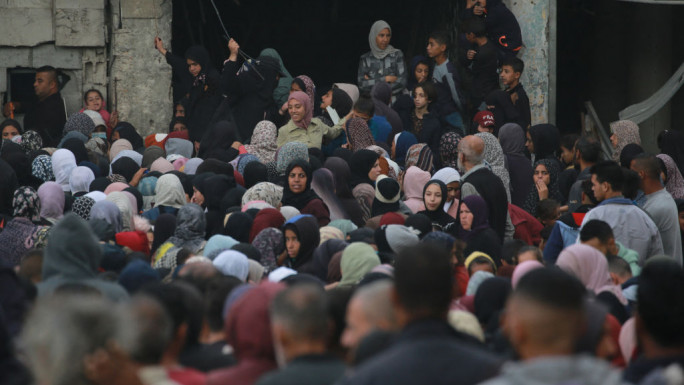
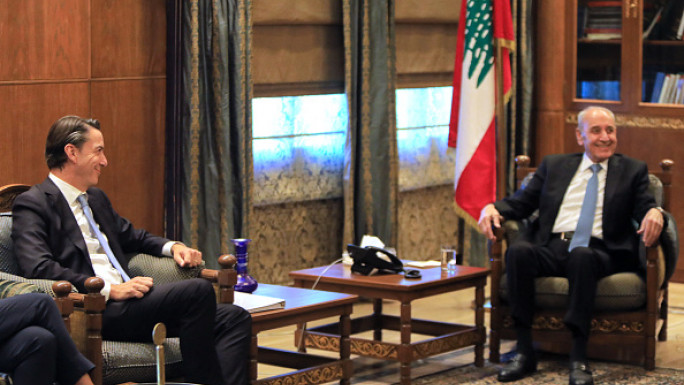
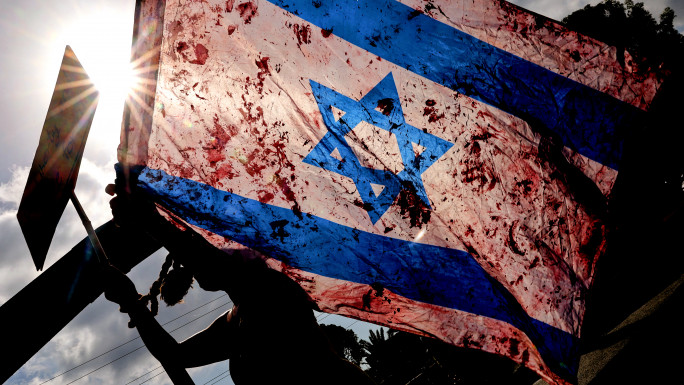
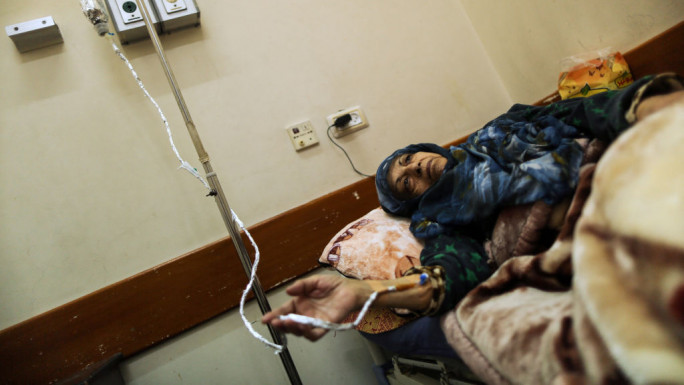
 Follow the Middle East's top stories in English at The New Arab on Google News
Follow the Middle East's top stories in English at The New Arab on Google News
